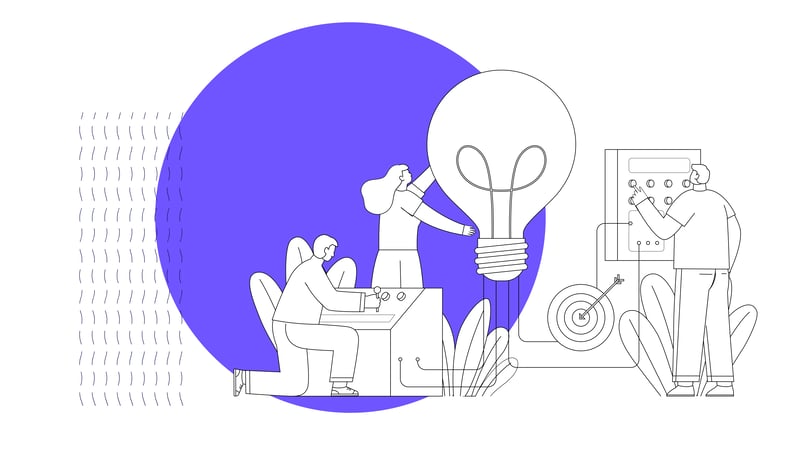There are ways to help your employees conquer their unproductive slumps and it all starts with flexibility. Here are just some examples of ‘flexible’ working having a positive and productive impact on employees.
Home working schemes
Allowing your employees to work from home, either full time or for a few days a week, can let your team feel more in control of their working schedules and habits.
In a recent study, employees who were given flexible work options were 48 percent more likely to rate their job satisfaction very highly. As well as making you happier, workplace flexibility can also make you more productive.
Unlike a strict nine-to-five routine, flexible working days allow employees to choose their own working hours. In turn, this allows them to work when and where they feel most productive, rather than forcing them to work allocated hours that may hinder their workflow.
Personal freedom in the office
Not all businesses are prepared to allow their colleagues to work remotely. But that doesn’t mean that office spaces can’t be optimised to encourage employee efficiency.
Simple changes, such as the ability to customise individual desks and workspaces, can allow employees to feel more in control of their environment and tasks. In fact, the act of being able to control one’s work space has actually been proven to boost organisational productivity.
Here are just some ways employers can make workspaces personalised for employees:
- Adjustable furniture. Some businesses, such as Facebook, provide their employees with electric adjustable standing desks. These desks allow employees to work however they feel most comfortable and productive.
- Open workspaces. As well as assigning employees their own desk, offer them a different working environment. This could be a communal space or somewhere quiet. By doing this, your employees are able to work according to their disposition, workload and productivity.
- Personalised belongings. In a recent study, it was found that employees who put at least one personal photo or plant on their desk were 15 percent more productive than those who didn’t. So, if Carlos in HR is getting a little slack, maybe try buying him a bonsai the next time Secret Santa rolls around.
Autonomy in the workplace
Having some independence at work is important for your happiness, health and productivity. Being consistently micromanaged, or having your schedule determined for you, can be frustrating and leave you feeling emotionally exhausted. After all, no one enjoys feeling like a caged animal.
By giving your employees some autonomy in their work projects, you can provide them with the control and independence needed to help boost their morale and improve their productivity. Even something as simple as letting your team choose their own holiday days without endless paperwork and bureaucracy can give them the control needed to aid their workplace efficiency.
Trust flexibility
‘If I let my employees work flexibly, they’ll forget how to do their job. I don't want to end up paying for them to watch Netflix,’ said a CEO somewhere in the world, probably.
There’s a common misconception that ‘flexible’ correlates to slacking. But in reality if you’re able to trust your employees and manage them effectively, you’ll find that a bit of freedom here and there can work in your favour. Try to listen to what your employees need, tackle the team struggles and offer some flexible incentives. It’ll make your workplace happier, cooperative and more productive.



